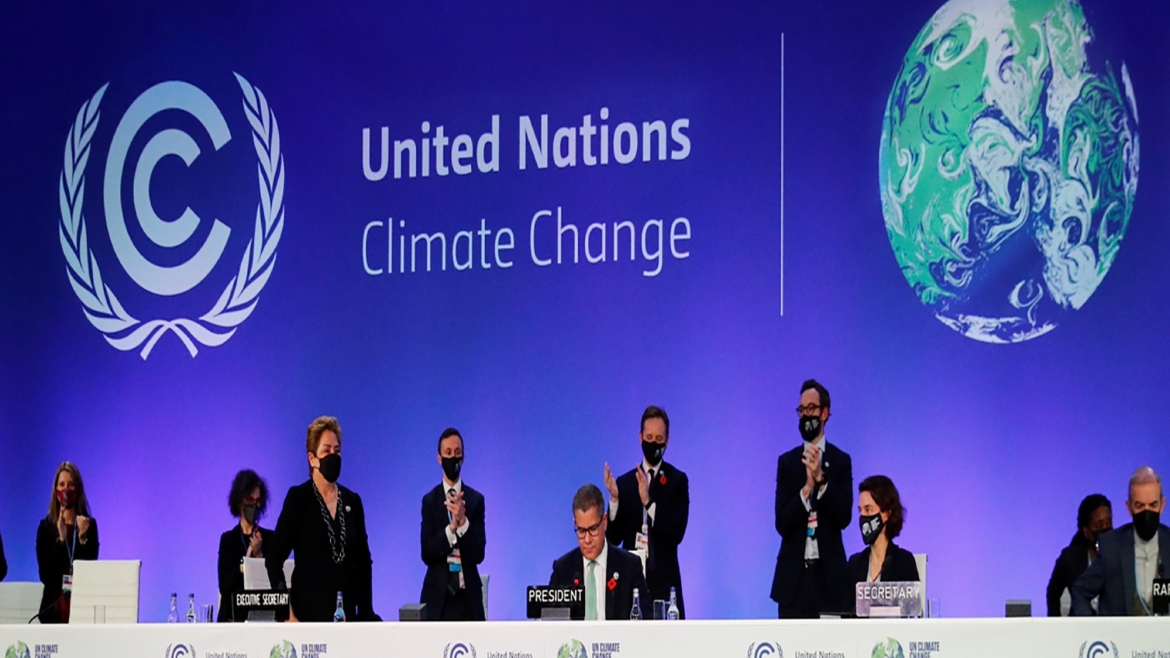- Climate Change And The Way We Deal With It - April 2, 2022
- THIS PROJECT IS FROM POOPOOPAPER TM COMPANY - May 20, 2017
Things have taken a different turn in my life after I watched the documentary movie “A life on our planet” by the famous ecologist David Attenborough. In just 83 minutes he showed us how dangerous is the current scenario, and the urgent call from reducing pollution, to saving trees as well as the necessity to reduce eating meat to save biological diversity on our planet.
If you are keen on environmental affairs, you will notice two groups of people who deal with the problem related to climatic changes. The first group is the formal team that arranges the international meetings which are mostly organized by the UN with the governments around the world. The second group belongs to the civil society and charity organizations which are mostly controlled by activists who protest from time to time in various parts of the world to create awareness amongst the people.
I think the first and the second groups cannot change the current situation unless we find out a quick and practical way to stop climate change. David’s movie pushed me to think about the third way to deal with the climate change crisis. I think that the government meetings and UN arrangements plus activists’ protests are not enough to solve the problem. The third way, in my opinion, is to create a new civil society organisations like think tanks, charity environmental organizations, and even new commercial projects with a new concept, to arm with the enthusiasm of the activists, but without cutting off the roads, and holding scientific and political meetings as solid as what the governments do, but without neglecting the recommendations.
We can achieve this by spreading a culture that will preserve the environment and halt climate change. It is also possible to think out of the box by introducing community initiatives for companies in order to reduce carbon emissions and help them to do it. It is also possible to start establishing environmentally friendly projects and projects for recycling garbage, as well as spreading a culture of relying more on plants for nutrition and reducing meat consumption to preserve biodiversity.
Three weeks ago, we heard about the two Indian brothers, Vihaan and Nav Agarwal, aged 17 and 14, receiving the 2021 Kids Rights International Children’s Peace Prize for developing an initiative to segregate recyclables and organize pickups for trash from thousands of homes. The award cited their “courage and commitment in tackling pollution in their home city”, ranked recently as the worst in the world for air quality due to a toxic mix caused partly by the burning of rubbish.
The brothers said winning the Kids Rights prize, which brings with it a grant for their education and 100,000 euros for their project, was an “amazing honor” that they hoped would inspire others. “It’s an old saying, but everyone’s collective effort does actually make a difference,” said Vihaan. The Indian brother’s story reflects a great real action towards the crisis and it’s a brilliant way to change the current situation, I think this is a good step forward to start solving the problem.
We have already wasted a lot of time thinking about finding a way to save our planet whereas water has already inundated the beaches of several coastal cities around the world!
I would say I have already started this initiative to save the planet by promising myself that I will never have a car unless it is an electric car. I’ll also reduce eating meat and eventually turn out to be 100% vegetarian.


